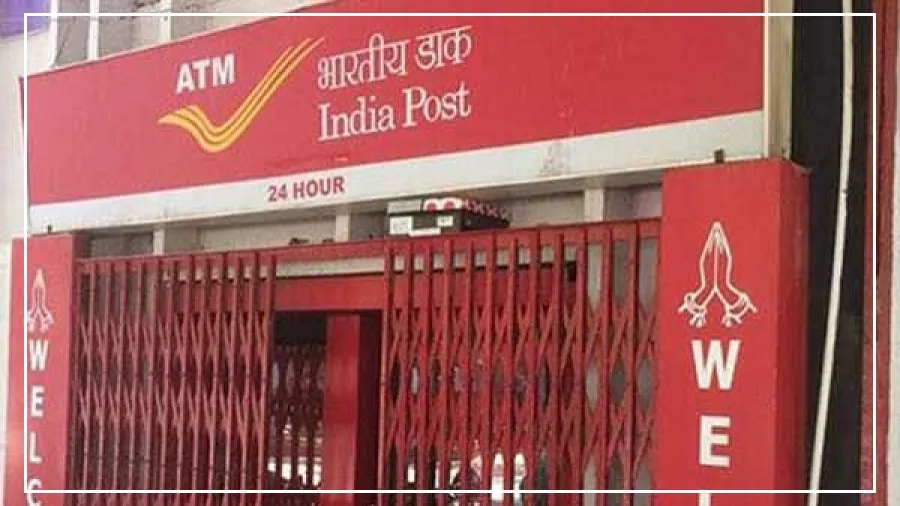When it comes to investing in post office saving schemes, it’s essential to understand that not all schemes offer tax benefits under Section 80C of the Income Tax Act, 1961.
While these schemes may provide attractive returns, tax exemptions may not be applicable. Here’s a detailed look at five such schemes:
1. Mahila Samman Saving Scheme:
Designed specifically for women, the Mahila Samman Savings Scheme 2023 aims to foster a culture of saving among Indian women.
However, investments in this scheme do not qualify for tax benefits under Section 80C. Tax is applicable on the interest earned, with TDS deductions based on individual tax slabs.
2. National Savings Time Deposit Account:
Offering flexible terms ranging from one to five years, the National Savings Time Deposit Account provides competitive interest rates.
While investments for five years are eligible for tax exemption up to Rs 1.5 lakh under Section 80C, shorter-term deposits do not qualify for this benefit.
3. National Savings Recurring Deposit Account:
This post office scheme guarantees a fixed interest rate, with interest compounded annually.
While there are no restrictions on the deposit amount, investments in this scheme do not offer tax benefits under Section 80C.
4. Kisan Vikas Patra:
Despite being a safe investment option, investments in Kisan Vikas Patra do not qualify for income tax exemption.
The interest earned annually is taxable as ‘Income from other sources’, although TDS is not deducted upon maturity.
5. Post Office Monthly Income Scheme:
Offering an attractive interest rate and flexibility in investment amounts, the Post Office Monthly Income Scheme is a popular choice for many investors.
However, similar to other post office schemes mentioned above, investments in this scheme do not fall under Section 80C for tax exemptions.
TDS deductions apply on interest exceeding Rs 40,000, with a higher limit for senior citizens.
While these post office saving schemes offer lucrative returns, it’s important to consider the tax implications and weigh them against your investment goals and risk appetite before making any decisions.

























